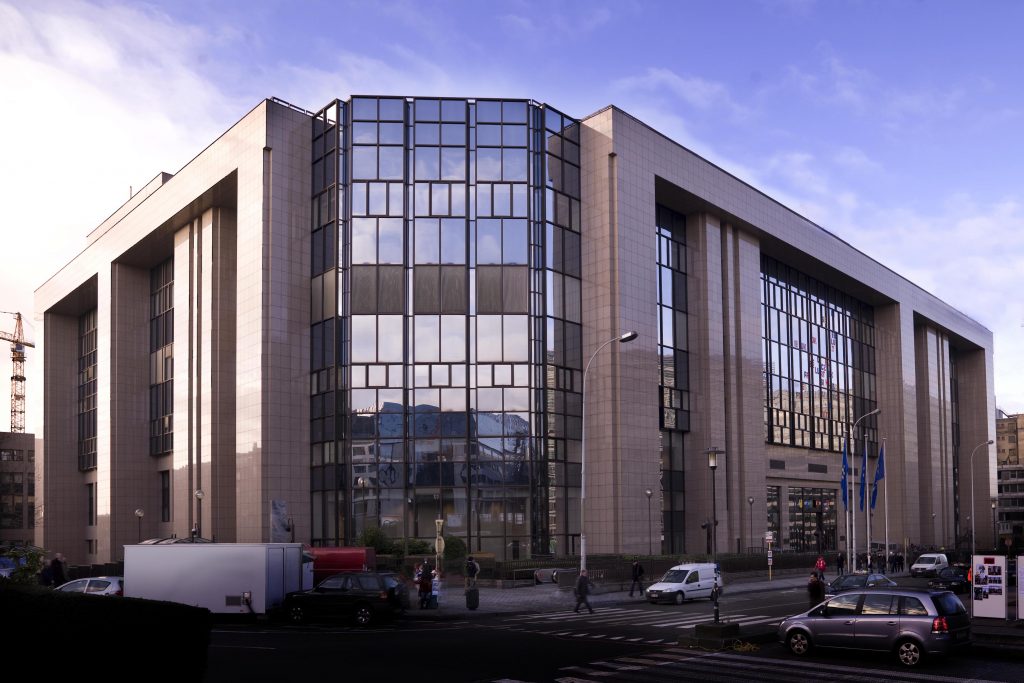On Monday 16 September, the General Secretariat of the Council of the EU circulated a questionnaire concerning the effects of open meetings.

In a document that can be found on the Council’s public register, the Secretariat presented the Brussels delegations of the Member States with five questions concerning the way they operate under a regime of public, live-streamed decision-making. It is interested to find out whether the open character of these meetings changes their character and, presumably, their ability to reach decisions.
Openness in legislation has become fully effective since December 2009, when the Lisbon Treaty came into force. Initial steps were already taken by the UK presidency in 2005, and were considerably expanded by the Finnish presidency one year later. Before that, the Council legislated behind closed doors, while transparency was provided only by symbolic public sessions, and the subsequent outcome in the form of finalised legislation or a Council position.
The Secretariat’s questionnaire, which was circulated in the lower-level ‘working party on information’, is certainly an interesting initiative. It will gather useful information on the extent to which legislative openness has already normalised.
However, critical voices question whether critical Member States will show their full hand concerning transparency, a matter that ‘one cannot be seen to argue against’ due to its overwhelming popularity. Moreover, they point out that legislating is but one activity through which the Council creates an impact on the daily life of European citizens; others, they argue, are characterised by considerably less openness. -MH

